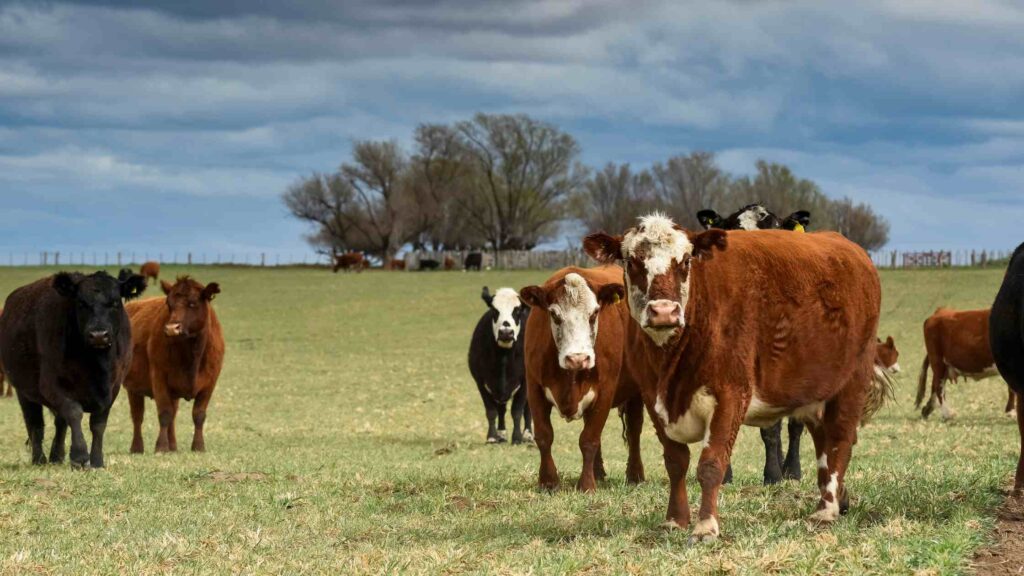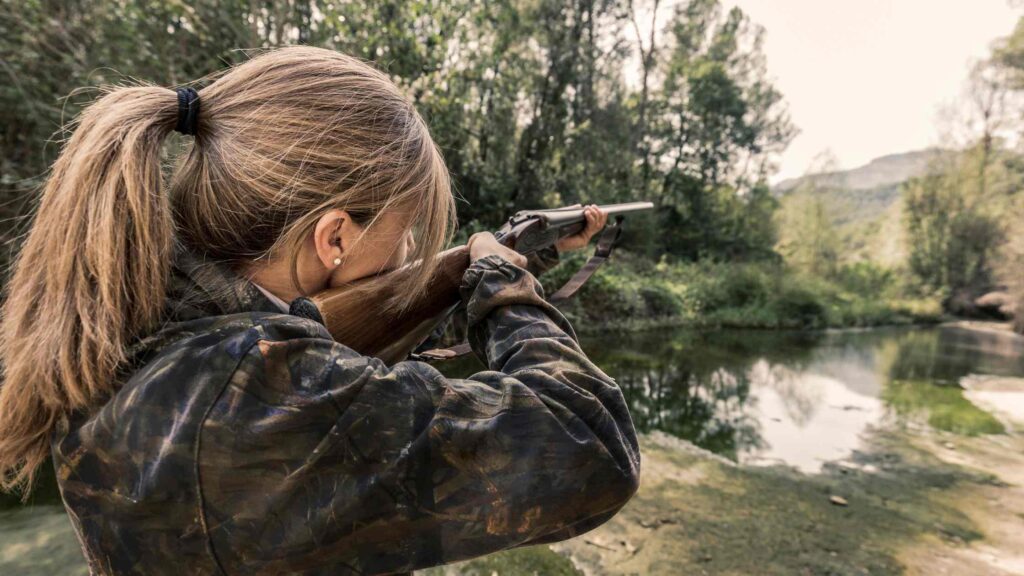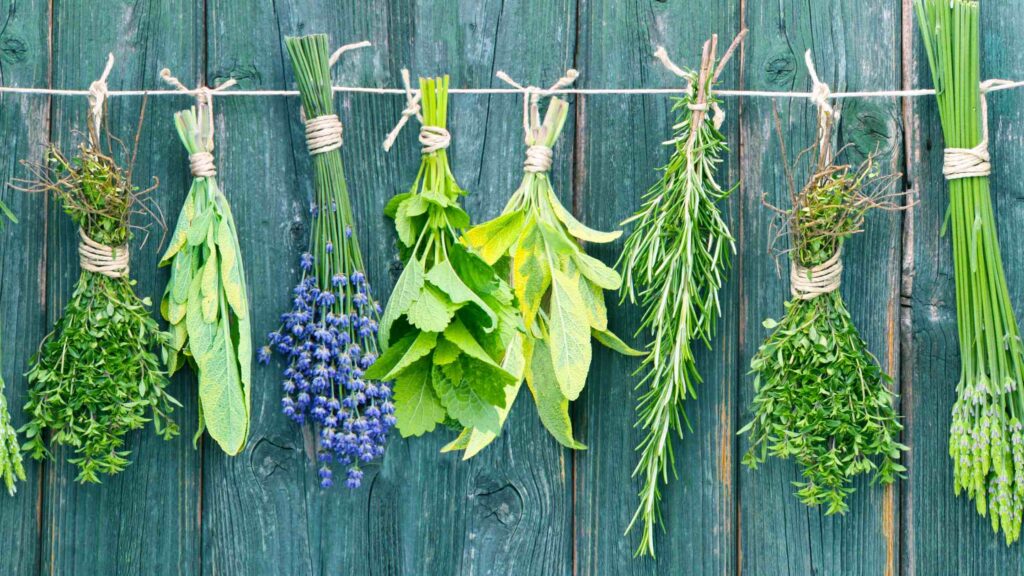One of the essential steps in surviving when the economy collapses is situating yourself within a community of like-minded and skill-diverse people who can come together and trade services and goods. While some of us are listening to the God-given whisper in our ear to prepare a place and offer hope and help when disaster strikes, many of us don’t have that same calling. As believers, our intention in establishing a homestead is not only to ensure we are set up on an off-grid farm that will provide for our family; we hope we can be a light in the darkness for others as well if and when SHTF.
Learning new skills that will be useful in the event of an economic collapse is not just about survival; it’s about resilience, adaptability, and empowerment in the face of uncertainty. The significance of acquiring such skills goes beyond the immediate benefits of self-sufficiency and touches on broader aspects of community, spiritual health, and future preparedness.
Ultimately, we aren’t in control. But if we trust in God, who has complete control, He will give us wisdom and guidance on what we can do now to prepare for uncertain times. We could be the most prepared family in the world, but in one fell swoop, we lose everything to disease or natural disaster. This is why, at the end of the day, trusting and asking God to protect and provide is our FIRST call to action and what we would encourage you to do as well.
We believe that whatever comes our way, we will do our best and be obedient to His calling on our lives, and trust God with the rest.

Self-Sufficiency and Independence
The most direct benefit of learning useful skills for an economic downturn is the ability to meet your own basic needs and those of your family without relying on external systems. This includes the ability to grow your own food, purify water, manage health concerns with natural remedies, and repair essential tools and equipment. Self-sufficiency reduces dependence on supply chains and services that may be disrupted during economic hardships.
Community Support and Resilience
Skills useful during an economic collapse often involve the creation, repair, and maintenance of essential goods and services. By acquiring these skills, individuals can support not only themselves but also their communities. Communities where members possess a diverse set of skills are more resilient, as they can pool resources, knowledge, and labor to overcome challenges together. We can learn a lot from the Amish in this regard. This collective resilience is crucial in rebuilding and sustaining community well-being during and after an economic crisis.
Mental Health and Well-being
The uncertainty and stress of economic collapse can profoundly affect mental health. Engaging in skill learning and development can provide a sense of purpose and control amidst chaos. Learning and applying new skills can be a form of mental and emotional therapy, offering a focus away from the stressors of economic instability. Furthermore, the community connection and support that come from shared learning and skill-building activities strengthen social bonds, which are essential for mental health and resilience.
Adaptability and Problem Solving
Economic collapses are often characterized by rapid and unpredictable changes. Skills such as critical thinking, adaptability, and problem-solving become invaluable. Learning new, useful skills fosters a mindset of adaptability and innovation, enabling individuals to better navigate the challenges that arise during economic downturns. This mindset is not only beneficial for immediate survival but also for adapting to the long-term changes that can result from economic collapses.
Economic Opportunities
Economic downturns, while challenging, can create opportunities for those prepared to seize them. Skills that are highly valued in such times can lead to new forms of employment, entrepreneurship, and barter. For instance, the ability to grow food, manage renewable energy sources, or provide medical care can translate into new business ventures or services within a community. Thus, learning these skills can open up economic opportunities in an otherwise stagnant or regressive economic landscape.
Preparedness for the Future
Finally, the skills learned in preparation for or during an economic collapse are not just for survival; they’re investments in the future. They encourage sustainable living practices, promote environmental stewardship, and inspire innovative thinking about how societies can organize and function. These skills prepare individuals and communities not just to survive future crises but to thrive in a changing world.
In conclusion, the importance of learning new skills in anticipation of an economic collapse lies not just in navigating the immediate challenges of such scenarios but in building a foundation for resilience, adaptability, and sustainable growth. These skills empower individuals and communities to face uncertainties with confidence and to turn challenges into opportunities for development and renewal.

20 jobs-skills to learn before the economy collapses
Agriculture and Food Production
1. Farming and Permaculture: In times of economic distress, the ability to grow your own food becomes a critical skill. Knowledge of sustainable farming practices, such as permaculture, allows for the efficient use of land, producing a variety of crops to sustain a community. Understanding soil health, crop rotation, and natural pest control are essential aspects.
2. Animal Husbandry: Raising animals for meat, eggs, and dairy provides essential nutrients that might become scarce. Skills in breeding, feeding, and caring for livestock ensure a steady food supply and could also be traded or sold within the community.
Water Management
3. Water Collection and Purification: Access to clean water is crucial. Skills in collecting rainwater, purifying water through various methods (such as boiling, filtration, and chemical treatment), and knowledge of water storage techniques can be life-saving.
Healthcare
4. Herbal Medicine and Natural Remedies: With potentially limited access to modern medical facilities and pharmaceuticals, knowledge of herbal medicine becomes invaluable. Understanding how to grow medicinal herbs and prepare remedies for common ailments ensures a level of healthcare independence.
5. Emergency Medical Skills: Basic to advanced medical knowledge, including first aid, trauma care, and possibly midwifery, becomes indispensable. These skills are crucial in treating injuries and illnesses in conditions where professional medical help is not accessible.
Technical Skills
6. Mechanical Repair and Engineering: The ability to repair machinery, vehicles, and equipment is invaluable, especially as new replacements become difficult to obtain. Mechanical and engineering skills ensure that essential tools and machines remain operational.
7. Carpentry and Construction: Building and repairing homes and other structures are essential skills. Knowledge of construction, using both modern materials and more accessible natural resources, ensures that communities can maintain shelter.
Self-sufficiency Skills
8. Foraging and Wildcrafting: Understanding which wild plants are edible or have medicinal properties can supplement cultivated food sources and introduce variety into the diet.
9. Hunting, Trapping, and Fishing: These skills provide additional food sources, especially in rural areas. Sustainable practices ensure that wildlife populations remain balanced.
10. Food Preservation: Methods such as canning, smoking, drying, and fermenting allow for long-term storage of food, essential for getting through winter months or periods of scarcity.
Energy and Utilities
11. Renewable Energy Installation and Maintenance: Skills in setting up and maintaining solar, wind, and hydroelectric systems can keep essential services running when traditional power sources fail.
Trade and Barter
12. Artisanal and Craft Skills: Crafting useful and decorative items can provide a source of income or goods for barter. This includes skills like blacksmithing, pottery, weaving, and woodworking.
13. Bartering and Negotiation: In an economy where money may lose its value, the ability to trade goods and services fairly is crucial. Effective negotiation ensures beneficial exchanges for all parties involved.
Education and Community Services
14. Teaching and Skill-sharing: Educators play a crucial role in passing down essential knowledge and skills to future generations. This ensures that communities remain resilient and self-sufficient.
15. Community Organizing and Leadership: Leadership skills become essential in rallying communities, organizing resources, and making strategic decisions that benefit all members.
Survival and Security
16. Physical Fitness and Survival Skills: Being in good physical condition and having survival skills, such as navigating, building shelters, and fire starting, can be critical in harsh conditions.
17. Security and Defense: Skills in personal and community defense are necessary to protect against potential threats, including the ability to safely handle firearms and implement strategic security measures.
Communication
18. Communication Technology: Knowledge of operating HAM radios, satellite communications, and other forms of long-distance communication can keep communities informed and connected.
Business and Economics
19. Entrepreneurship and Innovation: The ability to identify needs and develop solutions can lead to the creation of new businesses and services, driving economic recovery and innovation.
20. Financial Literacy and Alternative Currencies: Understanding the basics of financial management, as well as alternative currencies (such as barter systems, local currencies, or cryptocurrencies), can help navigate and rebuild in a new economic landscape.
In conclusion, while an economic collapse presents significant challenges, it also offers opportunities to adapt, innovate, and strengthen community bonds. The skills and jobs highlighted above not only provide a roadmap for navigating through tough times but also lay the foundation for building a more resilient and self-sufficient future. Preparing oneself with these skills ensures that, regardless of economic conditions, individuals and communities can thrive.
Once again, the best way to prepare ourselves for such disasters starts with trusting in God, who has everything in His hands.


